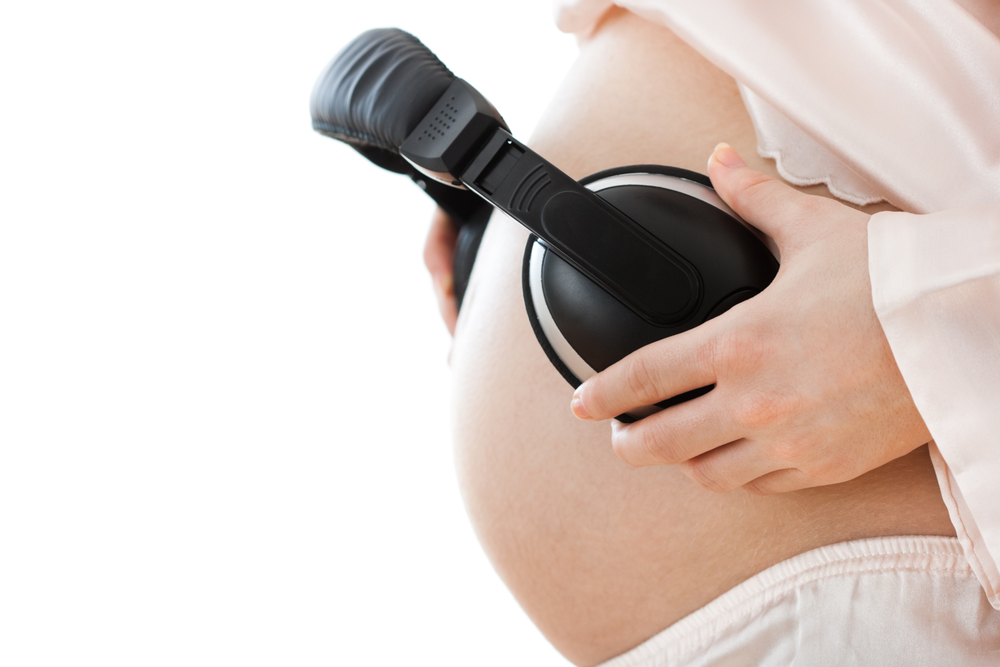What’s going on?
You are now in the 24th week of your pregnancy, and if your baby was born now, he/she has a good chance of surviving thanks to the final development of airway passages and air sacs in the lungs.
Baby at Week 24
By this week, your baby will measure around 30cm which is about the size of an ear of a corn. Weighing in at 600g, he/she is set to put on more weight over the next few weeks.
Your baby’s lungs are starting to mature, which helps him/her breathe in air instead of fluid. The organs in the ears are starting to develop further, making him/her more sensitive to the sounds outside the womb – especially your voice. Your baby’s face will also be fully formed and comes complete with eyelashes, eyebrows and hair. However, these are currently still white due to the lack of pigment, but will reveal its true colour soon enough.
Through ultrasound scans, scientists have found out that babies in the womb love to play. You can be sure that your baby is having a blast in utero, as he/she continues to bounce off the uterine walls and grab whatever that is within his/her reach. Yes, he/she might yank, swing or pull the umbilical cord, but you can be assured that this thick bundle of blood vessels is tough enough to withstand your baby’s playful actions and the blood rushing through it helps the cord maintain its length and keeps it from kinking.
What is mum up to?
The top of your uterus has risen above your belly button for a few weeks now, and is about the size of a football.
Your doctor will schedule a glucose test for you between now and 28 weeks. Also called an Oral Glucose Tolerance Test (OGTT), this test checks for gestational diabetes which is a high blood sugar condition which occurs during pregnancy. During the test, you will be given a sugary solution and have your blood drawn. If the reading for your blood sugar level falls within the high range, your doctor will discuss with you about going for further tests.
Gestational diabetes can be controlled by making some changes to your diet and exercising regularly. However, in some cases, medication such as daily insulin may be needed to treat this condition to minimise your risk of carrying a large baby which could lead to a complicated delivery or needing a C-section. Untreated gestational diabetes also puts your baby at greater risk of having complications such as low blood sugar upon delivery.
Top tips for Week 24
Do you have an uncomfortable, numb feeling in your wrists and fingers? You might think that it’s due to the excitement about your baby’s arrival, but this is usually a sign of carpal tunnel syndrome.
Often associated with actions that require repetitive motion such as typing, pregnant women experience carpal tunnel for different reasons. Due to the swelling that causes fluids to accumulate in your lower body during the day, this then get redistributed to the rest of your body (yes, including your hands) when you are lying down and puts pressure on the nerve that runs through your wrist. As a result, you will feel numbness, tingling, pain or a dull ache in your fingers, hand or wrist.
Although both the swelling and carpal tunnel will disappear after delivery, there are some things you can do in the meantime to get some relief:
- Avoid sleeping on your hands and do prop your arms up with a pillow at night
- Shaking your hands and wrists might help too
- Make sure to take frequent breaks to stretch your hands when you are doing repetitive motions such as typing and playing the piano
- If the pain gets unbearable, wearing a wrist brace might bring some temporary comfort
READ NEXT
























